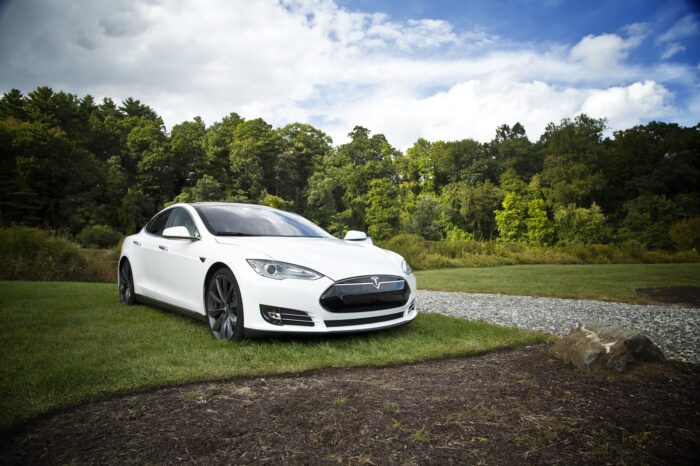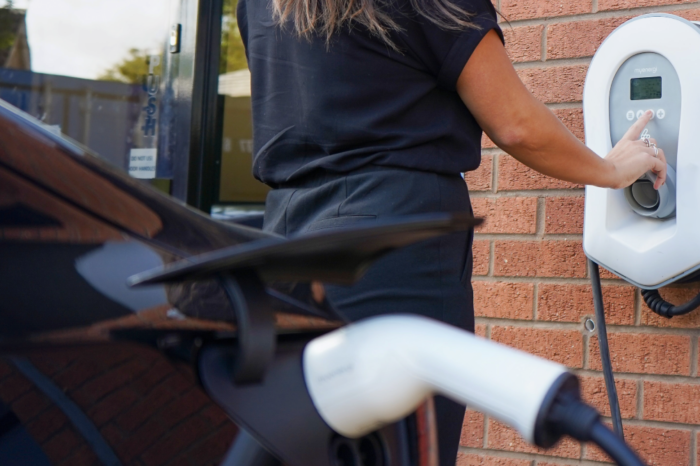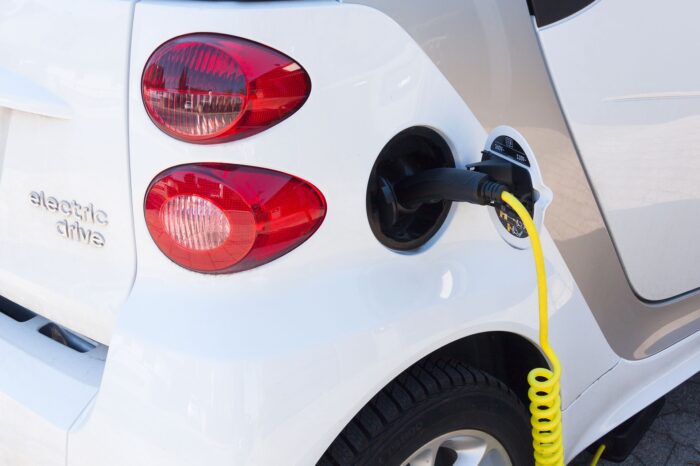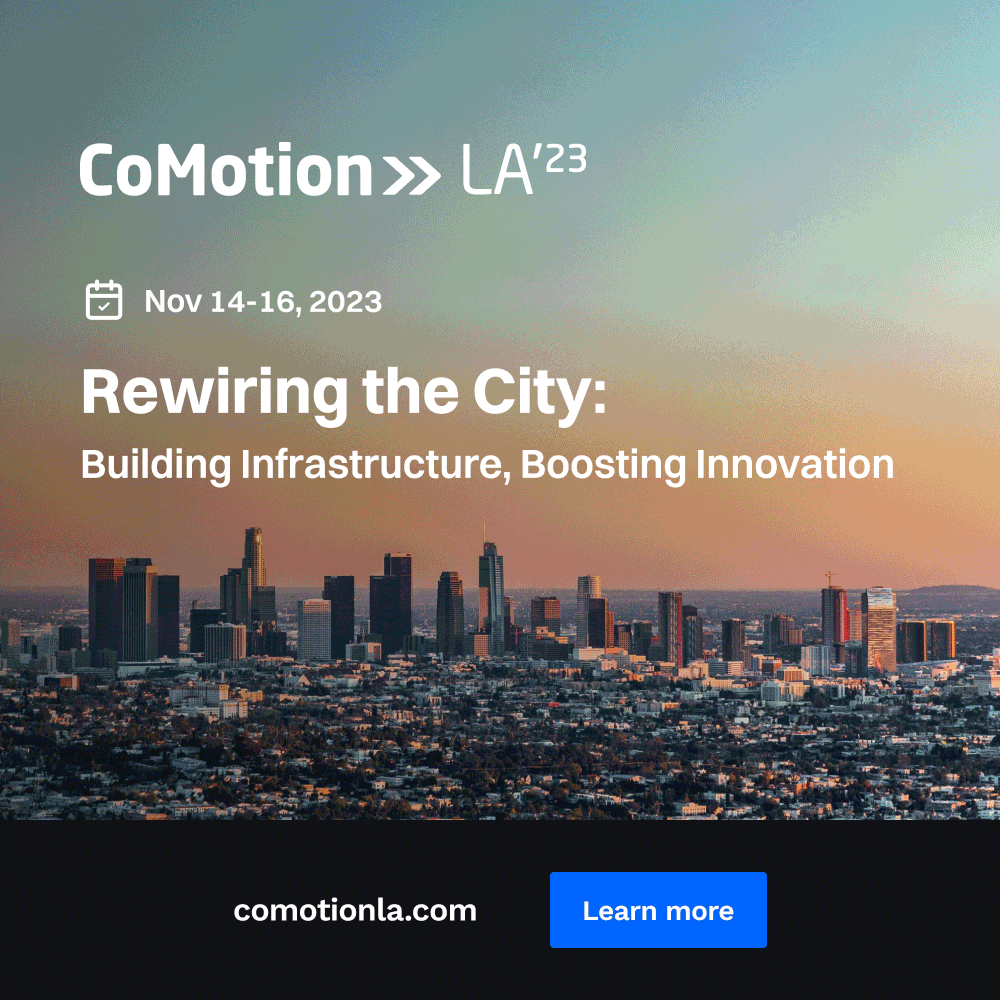A major component of CoMotion LA is the LA New Mobility Challenge, an annual startup competition focused on innovative, zero-emission solutions for the challenges of urban mobility. 2020 saw over 120 companies from around the world enter, with a focus on two critical issues in the urban mobility landscape: Solutions for Transporting Goods in Urban Environments, and Solutions for Transporting People in Urban Environments.
After winnowing the competitors down to 10 companies, each startup sent a founder to pitch to the Challenge’s esteemed group of judges. And on November 19th, those judges named the winner of the 2020 Challenge: Zeti, a London-based fintech startup working to revolutionize the financing of zero emissions vehicles, allowing them to be adopted at a faster pace. Recently, CoMotion’s Jonah Bliss sat down with Zeti’s Founder Dan Saunders to learn more about the company and its ambitious goals.
Jonah Bliss: First off, congratulations on your win! This year’s LA New Mobility Challenge had our biggest field of international mobility startups yet, so besting them all is no mean feat.
To start things off, can you give us a bit of background on Zeti?

Zeti CEO Dan Saunders
Dan Saunders: Sure. Zeti is a fintech platform enabling the adoption of electrified and connected vehicles at scale through a simple pay per mile mechanism. Zeti deploys institutional capital into vehicles, charging infrastructure, and supporting services to make the transition easy, overcoming capital investments challenges whilst improving cash flow for the operators of the vehicles.
What motivated you to found Zeti? Tell us a bit about your path thus far.
I started off in technology consulting with IBM but found myself interested in entrepreneurship and finance. So I quit my consulting job to study for an MBA. When studying for my MBA I started to get interested in cleantech and with a couple of classmates won a cleantech entrepreneurship competition. This gave me the confidence to start my first business in 2010: financing energy and sustainability projects on a pay as you use basis. Our clients liked the model and asked if we could apply the financing to other projects. The one that really captured my attention was clean transport due to the scale of transition required.
It seems to me that a company like Zeti plays an important role in the larger EV ecosystem, which is changing at such a rapid pace. Where do you feel the overall EV economy is going in the next five years?
I really feel that the shift to transport being considered a utility, like energy, will accelerate. Whether it’s transporting goods or people, on-demand enablement of these services just makes so much sense. It’s much more efficient to have fewer vehicles that are highly utilized than many laying dormant (especially personal transportation) for much of their time. We already know there is increasing demand for subscription based services and ride hailing; and ordering goods online is going to lead to highly utilized logistics fleets. Finance and data can power this change and ensure the shift is to zero and ultra-low emissions forms of mobility.
I really think that in five years time, people will consume mobility the same way you consume electricity – it will be almost like a utility.
Zeti is a British company, headquartered in London. How do you view the state of EVs and the EV market in the UK, as opposed to North America and other locales?
It can be quite difficult to directly compare. Without doubt the demand for EVs is growing rapidly in the UK, and the Government is doing a good job of incentivizing the shift to EVs with a combination of carrot and stick incentives. Whether Britain is doing a better or worse job than North America is hard to say. Hopefully we can learn from each other! North America has the lead when it comes to EV manufacturing. Although companies like LEVC and Arrival are doing a good job of representing Britain. One thing I can say is that the UK, and London in particular, is known for is fintech, and what we’re trying to do at Zeti is converge those strengths. So we’re trying to bring some of that UK finance know-how, applying it to EV-tech that can come from anywhere, and creating something that ultimately benefits everyone.
Jumping back to last month, and the LA New Mobility Challenge, what was the process like? What did you learn from interacting with the other contestants and judges?
The application process itself was very straightforward, which is helpful when time is so limited. Then making the final cut and entering the event made me realize the breadth and diversity of the projects that people were working on, all with the same ultimate end goal in mind; to improve mobility for society. The intellectual capital being applied to solve these challenges is really amazing and therefore to win was both very unexpected and incredibly humbling.
Any words of wisdom to other aspiring mobility founders, or to anyone that may want to enter a future edition of the LA New Mobility Challenge?
It was so unexpected but so meaningful to win the Challenge; since then demand and interest in our company and technology has been just incredible. It’s a big stage for a young company like us, and I would really encourage any other mobility innovators out there to take a crack at the next edition. It doesn’t matter what your underlying solution is, if it’s improving mobility – you should apply. There is no one right answer, you just need to go after the really big problems and think creatively as how to solve them.
Thanks so much, it’s been a pleasure chatting with you, and congratulations again on your win!
Learn more about Zeti at www.zeti.co.uk.






